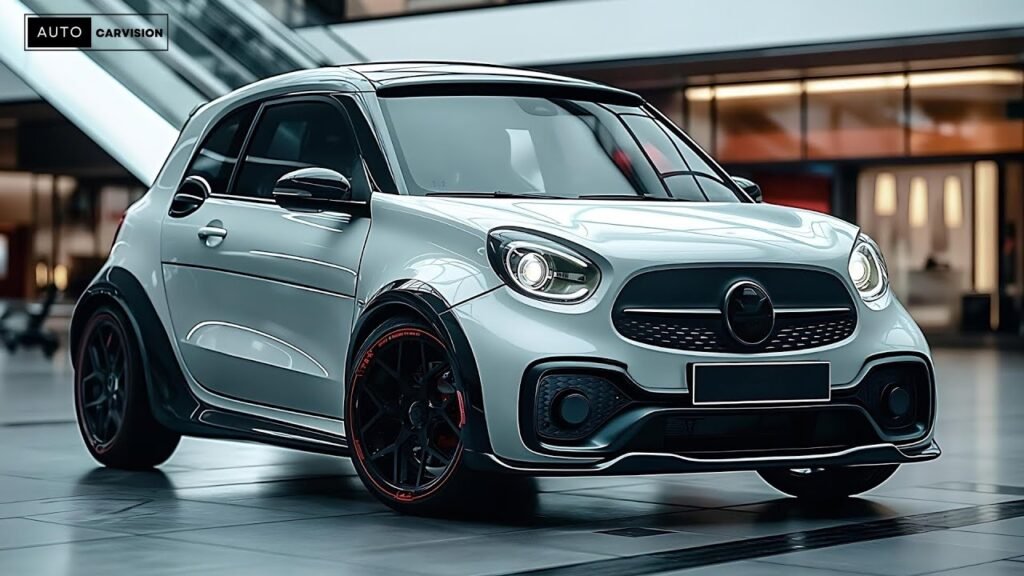As technology continues to revolutionize our daily lives, the automotive industry is no exception. Enter the smart car—a vehicle designed to do far more than just get you from point A to point B. In 2025, smart cars are not just a futuristic concept but an increasingly common reality on roads worldwide.

What Is a Smart Car?
A smart car refers to a vehicle integrated with advanced digital technology, enabling enhanced communication, automation, and connectivity. These cars leverage a combination of Artificial Intelligence (AI), Internet of Things (IoT), and sensor technology to offer a safer, more efficient, and more personalized driving experience.
Unlike traditional vehicles, smart cars are capable of:
- Autonomous or semi-autonomous driving
- Real-time traffic and navigation updates
- Voice and gesture control systems
- Remote diagnostics and software updates
- Vehicle-to-vehicle (V2V) and vehicle-to-infrastructure (V2I) communication
Key Features in 2025
Smart cars in 2025 boast several cutting-edge features:
- Advanced Driver Assistance Systems (ADAS): From lane-keeping assistance to adaptive cruise control, ADAS minimizes human error and enhances safety.
- AI-Powered Infotainment: Voice assistants like Alexa, Google Assistant, or proprietary AI systems now handle everything from navigation to climate control—hands-free.
- Over-the-Air (OTA) Updates: Just like smartphones, smart cars can now receive software updates remotely, adding new features or improving performance without visiting a service center.
- Enhanced Safety Features: Collision avoidance, drowsiness detection, and 360-degree cameras contribute to better accident prevention and response.
- Eco-Friendly Innovations: Many smart cars are electric or hybrid, with intelligent energy management systems optimizing performance and reducing emissions.
Benefits of Smart Cars
Smart cars offer a range of advantages that improve both the driving experience and broader societal outcomes:
- Increased Safety: With real-time data processing and predictive analytics, smart cars can react faster than human drivers in critical situations.
- Convenience: From remote start to locating parking spaces, smart features save time and reduce stress.
- Fuel Efficiency: Smart routing, traffic analysis, and energy-efficient systems help lower fuel consumption and environmental impact.
- Accessibility: Features like automated driving and voice control help individuals with disabilities gain more independence.
- Cost Savings: Predictive maintenance and efficient driving patterns reduce long-term ownership costs.
The Future of Smart Cars
Looking ahead, smart cars in 2025 are laying the groundwork for a fully autonomous future. Cities are beginning to adapt infrastructure for connected vehicle ecosystems, while manufacturers are integrating 5G connectivity to enable faster communication and data sharing.
Moreover, partnerships between tech companies and automakers are accelerating innovation. Brands like Tesla, Mercedes-Benz, Apple, and Google are pushing boundaries with self-driving capabilities, AI integration, and smart city compatibility.
In summary, the smart car is not just a vehicle—it’s a digital platform on wheels. As technology continues to evolve, smart cars will redefine mobility, making it safer, greener, and more connected than ever before.













